Understanding Dual Agency in Real Estate
Real estate agents are licensed professionals who represent buyers and sellers in real estate transactions. Dual agency refers to the practice of one agent representing both parties in one real estate transaction. The rules surrounding dual agency vary greatly by state, local MLS, and even by brokerage rules. It is important to understand the pros and cons of this term, and the pitfalls to look out for.
Dual Agency Legality

Dual agency is legal in nearly all states, as long as both parties consent to it. However, either disclosure is likely to be made or some states don’t allow it all. It can vary greatly by state:
-In Alaska, the dual agency requires written disclosure to be provided by the broker prior to entering into an agreement with either party.
–California law prohibits real estate agents from representing both the buyer and seller in a transaction, with very limited exceptions.
-In Colorado, dual agency is allowed as long as it is disclosed to all parties involved.
–Hawaii requires that both the buyer’s and seller’s agent be present during any negotiations in order for the dual agency to take place.
–Minnesota prohibits dual agency and requires agents to disclose conflicts of interest.
–Nevada prohibits the practice of dual agency.
–Maryland law only allows for partial disclosure in a transaction, which essentially prohibits the dual agency from taking place.
These are all subject to change and are just given as examples of differences.
The Drawbacks of Dual Agency
The main concern with a dual agency is the conflict of interest. As a real estate agent, you are required to put your client’s interests first. However, if you have two clients in one transaction it can be challenging to do that because they will likely want different things in order for them to each reach their goals.
Another drawback of dual agency is that it can be seen as a lack of trust with your client. When agents represent both parties in a transaction, it can create the perception that one party or the other is not being represented fairly. When you are a dual agent, you cannot disclose or guide either party, reducing your available services to both parties. For instance, you cannot give recommendations on pricing very easily without giving out privileged information to one side or the other.
Lastly, dual agency can lead to confusion and miscommunication. This is often because the agent is representing two separate clients with different goals and agendas. It can be difficult for everyone involved to keep track of what is going on when there are multiple people communicating through one person. Especially since the agent has to be very careful not to give confidential information.
There are pros and cons to dual agency in real estate transactions, but it ultimately comes down to the broker’s state laws and local MLS rules. As an agent, you need to be aware of these regulations so you can make informed decisions about how best to serve your clients.
For more information on dual agency, please visit the National Association of REALTORS website:
https://www.nar.realtor/agency
Breaking Down The Commission For Dual Agents

As a dual agent, you are likely able to collect both sides of the real estate commission. However, many listing agreements specify that the commission will be reduced if the listing agent finds the buyer. It is important to put this in writing at the beginning of the transaction and to make sure all parties are aware of the compensation.
Your broker will also likely have rules about dual agency, and what type of commission splits are allowed. As always, be sure to do your due diligence before entering into a dual agency transaction.
In Summary
If you have another agent you trust, it may be better to ask them to handle one side of the transaction for you at a reduced fee to avoid being a dual agent. If you are about to take the real estate exam, be sure to understand how a dual agent is treated in your state and what the requirements are. This is definitely something that will be on the exam.







